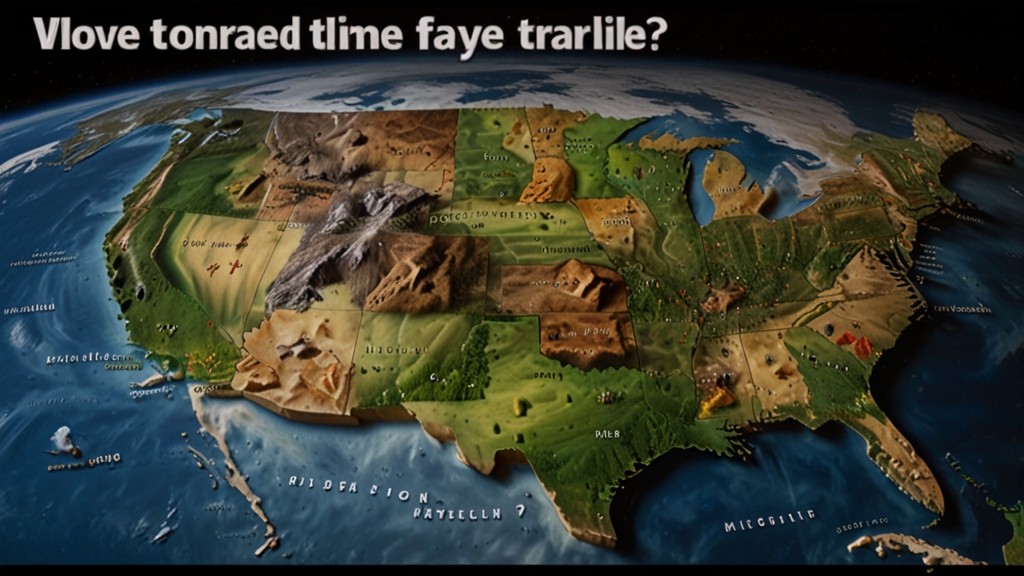Privacy in Peril: The Shocking Reality of Data Harvesting
In an increasingly digital world, the amount of data generated and harvested every single day is staggering. While advancements in technology have undoubtedly improved our lives, they have also created opportunities for mass data collection on an unprecedented scale. This process, known as data harvesting, collects vast amounts of information from individuals, often without their explicit consent. The implications for personal privacy are profound and deeply concerning.
The Methods Behind Data Harvesting
Data harvesting involves gathering extensive datasets from various sources, including social media platforms, websites, mobile apps, and even offline activities. This process is typically carried out using sophisticated algorithms and automated systems that can analyze and store data at lightning speed. The data collected may include personal identifiers, browsing history, purchase patterns, location data, and even biometric details such as fingerprints or facial recognition data.
"We are living in a world where the digital footprint of individuals is being meticulously tracked and analyzed. The scale and precision of data harvesting methods are unprecedented, raising significant concerns about privacy and control over personal information." – Jane Doe, Data Privacy Expert
The Players Involved
Several key players are involved in data harvesting, each with their own motivations and objectives. Tech giants like Google, Facebook, and Amazon are known for their extensive data collection practices, which they leverage to personalize user experiences, target advertising, and design new products. Beyond these familiar names, countless smaller companies and data brokers also engage in data harvesting, gathering and selling information to third-party clients, often with little transparency or accountability.
The Pervasive Impact on Individual Privacy
The implications of data harvesting for individual privacy are vast and multifaceted. One major concern is the lack of control individuals have over their own data. Once information is harvested, it can be analyzed, shared, sold, and repurposed in ways that the data subjects never anticipated or consented to. This erosion of privacy can lead to numerous risks, including identity theft, discrimination, and unwarranted surveillance.
Legal and Ethical Considerations
In response to growing concerns, various legal frameworks have been established worldwide to regulate data harvesting practices. The General Data Protection Regulation (GDPR) in the European Union and the California Consumer Privacy Act (CCPA) in the United States are examples of legislation aimed at giving individuals more control over their personal data. However, these regulations are often limited in scope and challenging to enforce, leaving many gaps in protection.
"While legal frameworks like GDPR and CCPA represent significant strides in data privacy, enforcement remains a complex challenge. The rapid pace of technological advancement often outstrips the ability of regulations to keep up, resulting in continued vulnerabilities for individuals." – John Smith, Legal Analyst
Potential Solutions and Future Outlook
To address the privacy challenges posed by data harvesting, a multifaceted approach is necessary. Increased transparency from companies regarding their data practices, enhanced user consent mechanisms, and robust enforcement of existing regulations are crucial steps. Additionally, emerging technologies such as decentralized data storage and enhanced encryption can provide new ways to safeguard personal information.
Ultimately, individuals must remain vigilant and proactive in protecting their privacy. This includes being mindful of the information they share online, regularly reviewing privacy settings, and staying informed about their rights under data protection laws.
Conclusion
Data harvesting represents a formidable challenge to personal privacy in the digital age. As technology continues to evolve, so too must our strategies for safeguarding personal information. By understanding the scope of data harvesting practices and advocating for stronger protections, we can work towards a future where privacy is preserved and respected.
"In an era defined by data, the fight for privacy is more critical than ever. It's a battle that requires awareness, regulation, and collective effort to ensure that our digital footprints are not exploited without our consent." – Sarah Johnson, Digital Rights Activist













